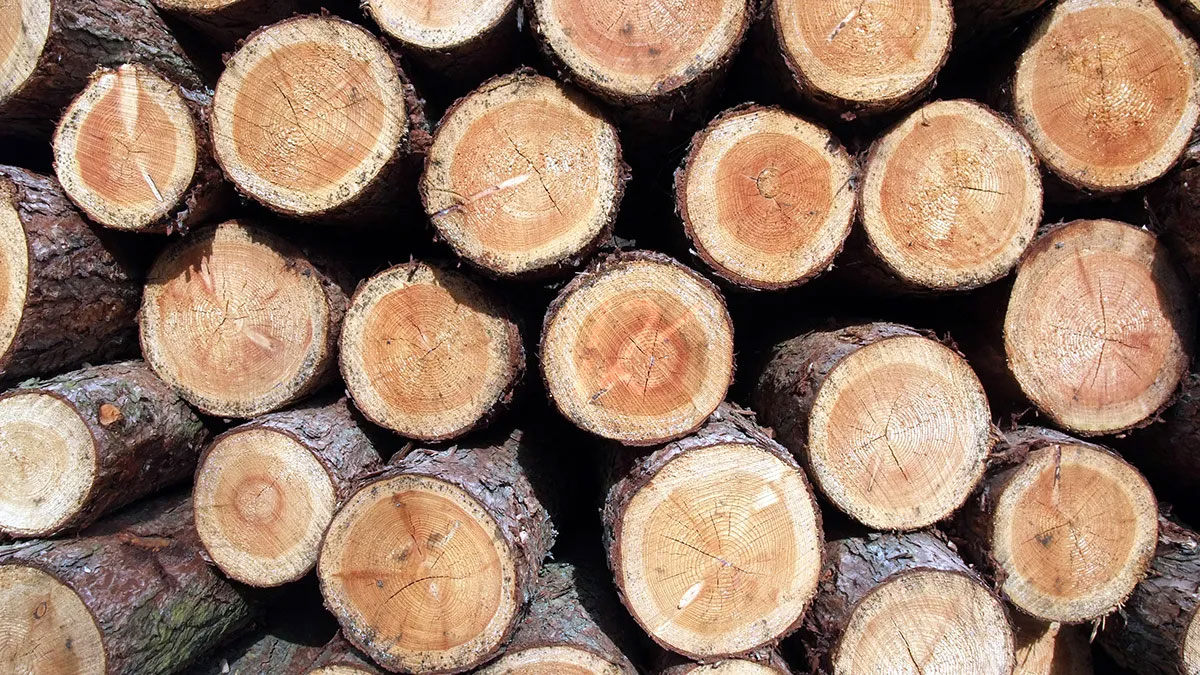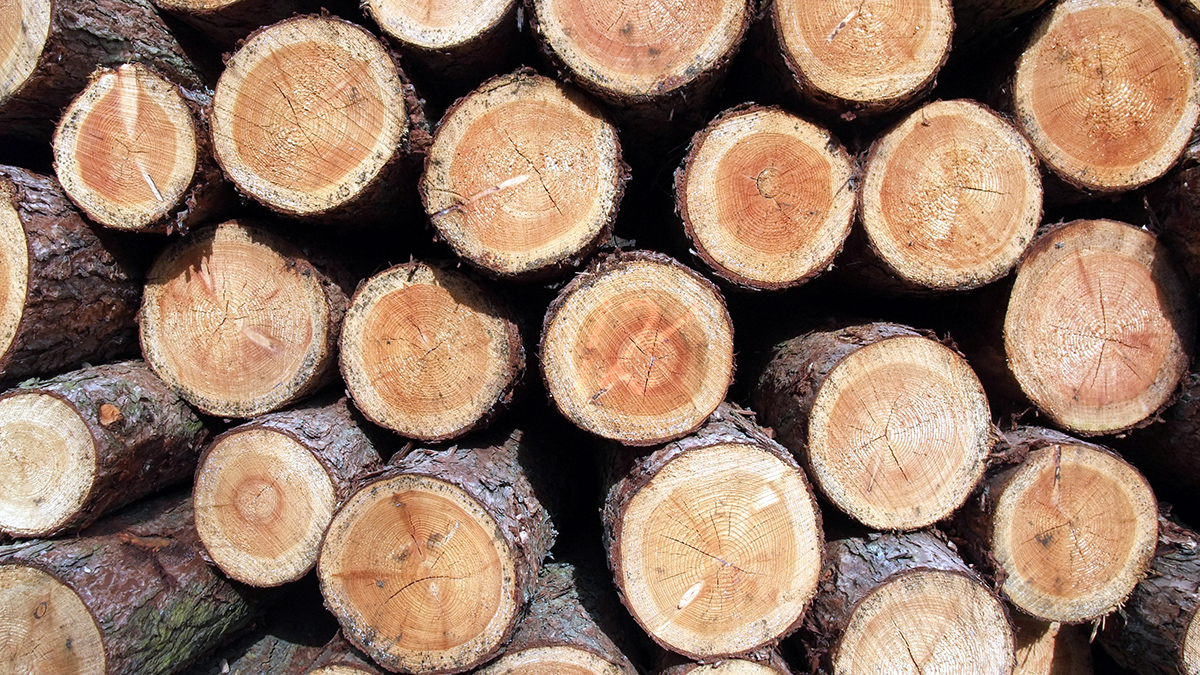El estratovolcán en el centro de México presenta un interesante caso de estudio sobre la percepción del riesgo, la comunicación de la ciencia y la preparación en torno a los peligros naturales.
Katherine Kornei
Katherine Kornei is a freelance science journalist covering Earth and space science. Her bylines frequently appear in Eos, Science, and The New York Times. Katherine holds a Ph.D. in astronomy from the University of California, Los Angeles.
Melting Ice in the Polar North Drives Weather in Europe
Influxes of meltwater into the North Atlantic eventually lead to warmer and drier conditions over Europe.
Eclipse Science Along the Path of Totality
When a total solar eclipse sweeps across the United States on 8 April, scientists and enthusiasts alike will be there to document it.
Low-Level Clouds Disappear During a Solar Eclipse
Cumulus clouds rapidly dissipate as the land surface cools, a finding that has implications for Sun-obscuring geoengineering efforts.
Los países más pobres enfrentan consecuencias más graves del cambio climático
A medida que los bosques se desplazan hacia latitudes más altas, las naciones enfrentan pérdidas tanto de beneficios ecosistémicos de mercado como no mercantiles.
Last Chance Lake Harbors the Highest Known Levels of Phosphate
Bodies of water such as this might have functioned as cradles of life, given their unique biogeochemistry.
Antarctic Ice Cores Capture Heavy Metal Pollution—And History
An ice core record stretching back more than 2 millennia hints at the mining and metallurgy that waxed and waned with events such as wars and epidemics.
Poorer Countries Face Heavier Consequences of Climate Change
As forests shift to higher latitudes, nations to reckon with losses of both market and nonmarket ecosystem benefits.
How Dangerous Is Mexico’s Popocatépetl? It Depends on Who You Ask
The stratovolcano in central Mexico presents a rich case study of risk perception, science communication, and preparedness surrounding natural hazards.
Spring Heat Waves Pack a Punch for Snowpacks in the Pacific Northwest
New research shows how the snowpack loss due to moderate springtime heat waves outweighed that of a record-shattering summer heat dome.










